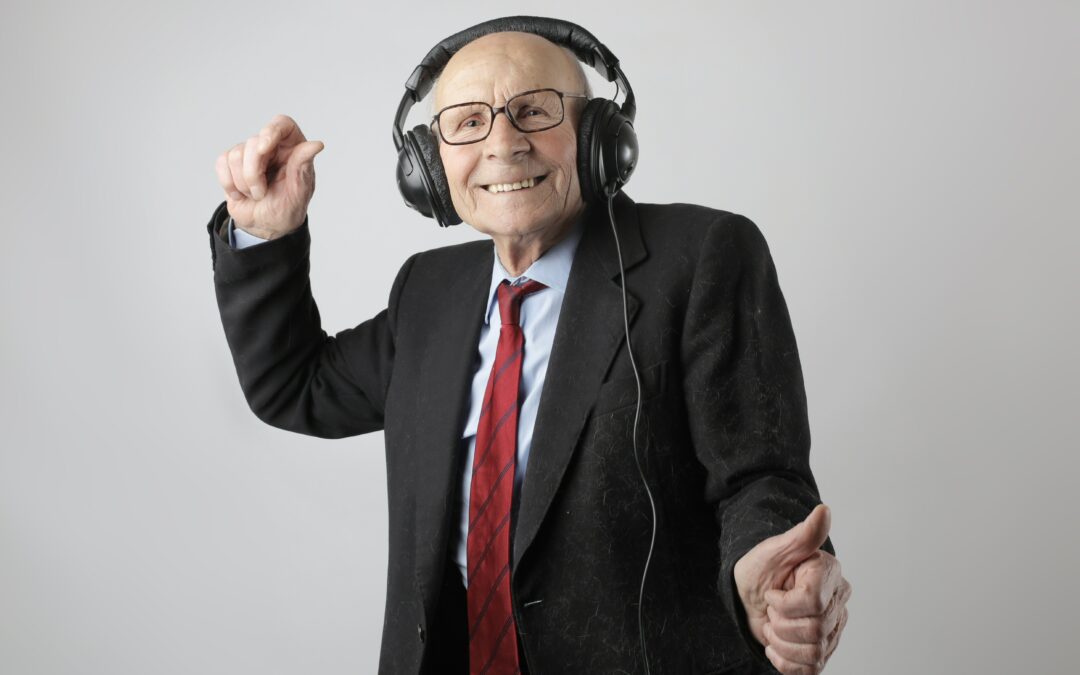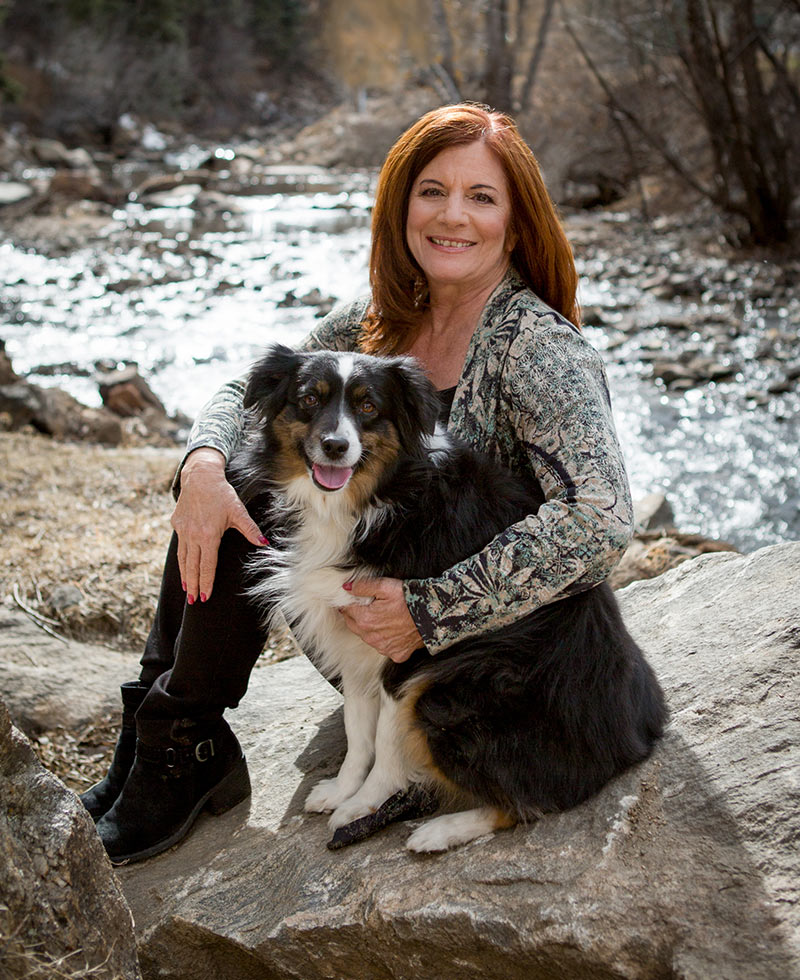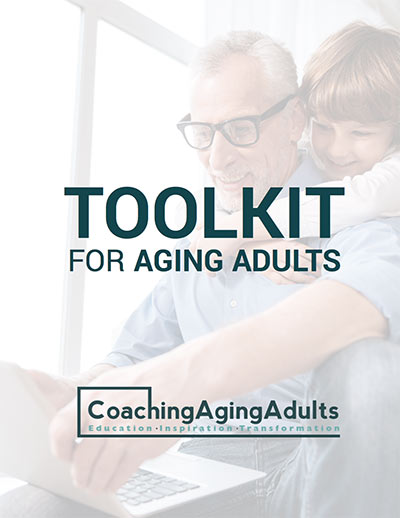At some point, the worry of losing your memory may have crossed your mind. The brain is a complex thing, many different things are happening all at once. It isn’t uncommon to forget a name or not be able to recall why you just opened the fridge.
According to Cynthia Green, Ph.D., founder of Total Brain Health, “as we get older neural pathways shrink, connectivity between synapses slows, and brain metabolism and blood flow are reduced. While these things do occur naturally it is possible to strengthen synapses and increase blood flow.”
I’ve compiled a list below of brain boosters and brain busters. Be sure to consult your doctor before implementing any new changes to your diet or routine.
Brain Boosters:
Healthy diet – eating a diet rich in vegetables including deep-green varieties, along with beans, whole grains, mixed nuts, omega-3- containing seafood, and poultry not only quite literally feeds your brain but paired with daily exercise can help keep your mind sharp.
Be sure to limit red meat, cheese, butter, pastries, sweets, fried and fast foods. When eaten in excess it can cause weight gain that can affect the way your brain communicates.
Exercise – this benefits the brain in many ways. Not only do you feel refreshed but, 50 minutes of aerobic exercise three times a week can increase the amount of blood, oxygen, and nutrients the heart pumps into the brain. This helps the brain grow new neural circuits. Any 10 minutes of walking a day adds up. Set your alarm to take some breaks during the day. Every little bit counts.
Yoga – mindfulness and meditation can improve memory, processing speed, and general cognition. There are some studies linking yoga to reducing depression symptoms. This can improve communication between parts of your brain that controls attention.
Brain Busters:
Alcohol – many don’t know this but, as you age alcohol has a negative impact on your short-term memory. Some studies have shown it gets worse between the ages of 50-75. Try to limit alcoholic beverages. Most importantly, don’t let alcohol be your only friend or way to cope with difficult situations.
Lack of sleep – lack of sleep can contribute to a variety of complications, including memory consolidation. Turn that T.V off, the show will be there in the morning, and so will your memory! Try to limit your device exposure during bedtime or in the middle of the night.
Multitasking – when we multitask it seems we are getting things done more efficiently. In actuality, trying to remember multiple items simultaneously can weaken our ability to retain information.
Technology – it is no secret when used improperly technology can become a distraction. What are the effects of that distraction? Focus, attention, and ability to remember just to name a few. Try to limit your screen time. Opt for a walk in nature to reset your mind.
It is important to remember there is a vast difference between forgetting here and there and forgetting all the time. If it begins to interfere with your daily life it would be best to consult your doctor. Memory isn’t the only thing to take notice of.
Changes in your ability to problem solve, perform complex tasks, or exercise good judgment could be cause for concern. Are you having problems with your finances or checkbook? Are you getting lost when you think you know where you are going? As always, see your doctor for concerns and bring them up.
Supplements and Blood work – Have your B-12 levels and Thyroid checked when you go to your doctor. According to the Mayo Clinic, low thyroid (hypothyroid) can contribute to brain fogginess, and memory problems as well as anxiety and depression and weight gain as well as low energy. Make sure they do not just check TSH. Have them do a full panel, including T3 and T4. Hyperthyroidism is too much thyroid hormone. You can feel shaky, lose weight and feel anxious.
Our mind is not separate from our body. We need to treat both with care and pay attention to changes. Often, there are things we can do to make a difference in how we feel and function. Don’t just feel that you have to give in to aging. Embrace that there are things you can do to engage with life that can make a difference.



